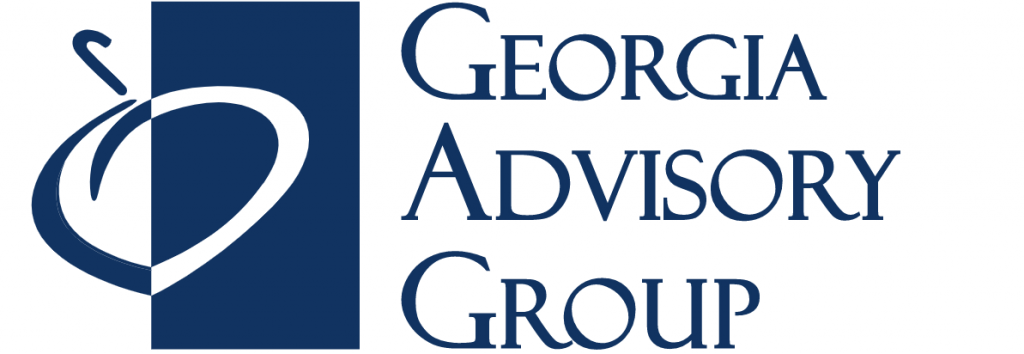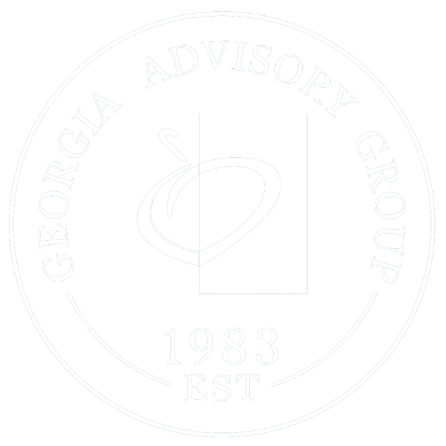No matter how much you’ve thought about retirement already, it can be easy to overlook some of the details that will make your post-employment years run smoothly.
You probably have the basics covered, but be sure your plans and projections factor in everything you need for a streamlined, enjoyable transition.
Want to make sure you’re on track? Here are a few specifics to keep in mind.
Home and living expenses — Of course, housing, food and utility bills are all regular expenses you can expect to continue paying during retirement. Take the time to come up with accurate projections for each of these (and don’t forget to factor in inflation).
Taxes — Taxes will still be a significant expense in retirement. Consider income taxes, property taxes and any taxes related to your investments.
Health care — Health care is one of the biggest expenses to expect in retirement. Medicare premiums and out-of-pocket payments are important budget line items.
Long-term care — As we grow older, long-term care might become necessary. Purchasing long-term care insurance can help with the costs, but it’s wise to prepare for out-of-pocket care costs as well.
Emergencies — Does your budget have room for surprise expenses? An emergency fund can help you manage costs associated with unexpected events, like a major home repair, without seriously impacting your investments or your long-term financial goals.
The fun stuff — Your retirement years are all about enjoying what makes you the happiest: travel, hobbies, family and friends. Setting aside money for vacations, your favorite activities and spoiling your loved ones can be the fun part of budgeting.
Would you like to connect? Reach out with your questions today.


